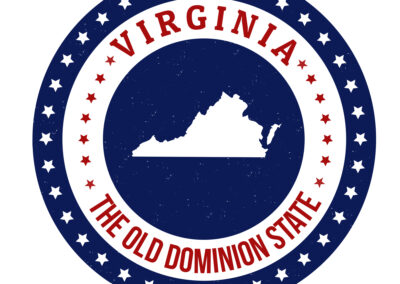These days, adulation for the U.S. military abounds. At professional sports events, the once-modest singing of the national anthem has been overshadowed by flyovers from fighter jets, field-sized flags and uniformed troops on parade. Airport loudspeakers blare expressions of gratitude for the troops, and flight attendants call attention to uniformed military members aboard planes.
I’m all for truly honoring the men and women who serve, but this reflexive gratitude is trite, and it also serves to normalize something Americans should question every day: the continuing wars in the Middle East that are consuming U.S. troops.
Democracies aren’t supposed to wage wars that last two decades. Army Chief of Staff Gen. George Marshall — who was by no means a dove — doubted, just after World War II, whether “a democracy can fight a seven-year war.” He would hardly recognize today’s off-the-rails military and political culture.
I’ll wager a bet. This Memorial Day, as politicians laud the sacrifice and heroism of the men and women who gave their lives in service to their country, they will hardly mention our engagement in a series of forever wars that continue to claim new lives — or the fact that we’re not winning any of them.
I don’t pretend to speak for all veterans and soldiers. That said, having recently left the military after 18 years of service and combat deployments in two wars, I have seen firsthand the reality of the wars we are fighting and I have known well some of the 7,000 men and women who sacrificed their lives to our Mideast policy.
……………
The men and women serving in these wars have diverse views about them. But I know there are many who, like me, have had their fill of perpetual conflict in ill-advised, wasteful campaigns. More has been asked of this generation of soldiers than perhaps any before it. They are expected not simply to face the enemy on a battlefield, but to engage in nation-building, counterinsurgency and counterterrorism. The troops have stepped up and rarely complained about tilting at windmills on behalf of policymakers back home.
But even for all their effort, Americans are no safer today than they were on 9/11. Global terror attacks have increased exponentially, Islamist groups have multiplied, and, thanks to its warring abroad, the United States’ reputation has been besmirched.
For once, on Memorial Day, let us remember not only the sacrifice American troops are making, but also the futility of what policymakers are asking them to do. Some will think it impolite to inject politics into the holiday, but I say it’s an insult not to.
This veteran, at least, would ask Americans to seriously engage this Memorial Day with the foreign policy driving these wars, rather than offering more vapid thanks. It is our responsibility to ensure that the small fraction who serve — consider them the other 1% — are placed in harm’s way only for national defense or vital strategic interests.
The best way America can honor its veterans and fallen soldiers is to create fewer of them.




